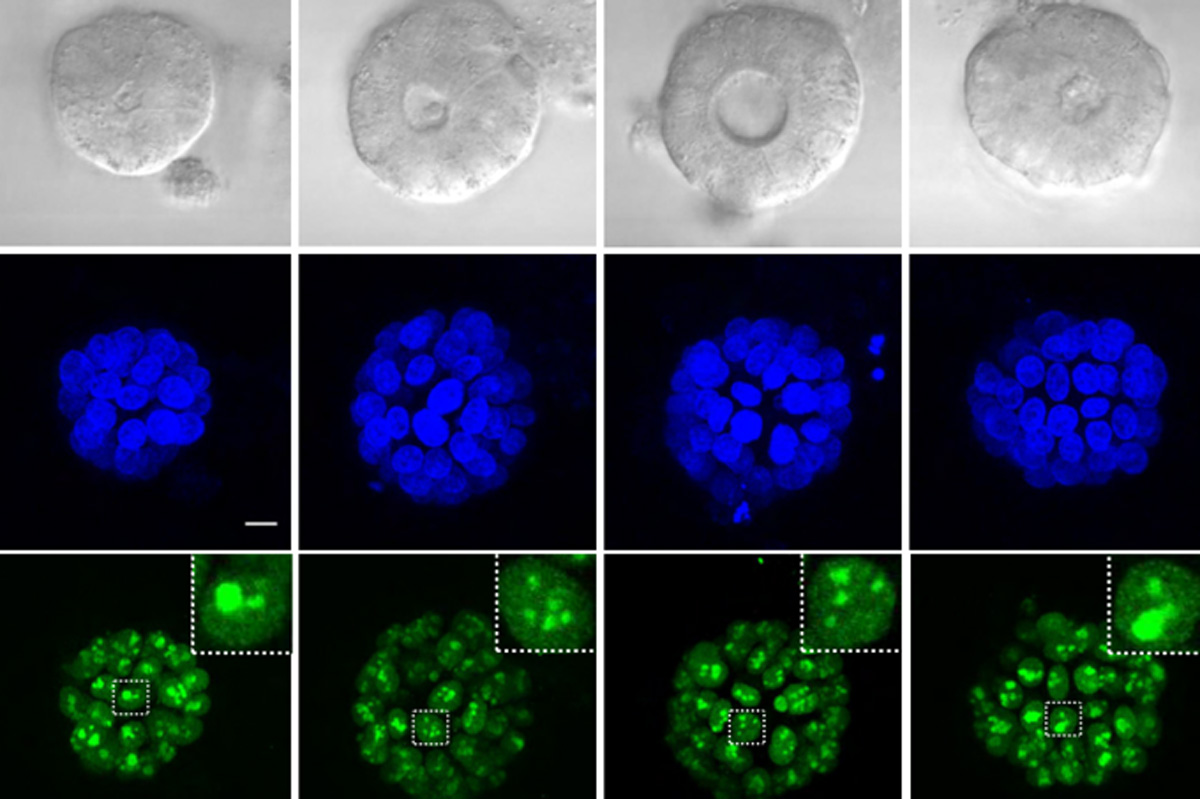
Cancer biologists discover a new mechanism for an old drug
Images for download on the MIT News office website are made available to non-commercial entities, press and the general public under a Creative Commons Attribution Non-Commercial No Derivatives license. You may not alter the images provided, other than to crop them to size. A credit line must be used when reproducing images; if one is not provided below, credit the images to "MIT."
Previous image Next image
Since the 1950s, a chemotherapy drug known as 5-fluorouracil has been used to treat many types of cancer, including blood cancers and cancers of the digestive tract.
Doctors have long believed that this drug works by damaging the building blocks of DNA. However, a new study from MIT has found that in cancers of the colon and other gastrointestinal cancers, it actually kills cells by interfering with RNA synthesis.
The findings could have a significant effect on how doctors treat many cancer patients. Usually, 5-fluorouracil is given in combination with chemotherapy drugs that damage DNA, but the new study found that for colon cancer, this combination does not achieve the synergistic effects that were hoped for. Instead, combining 5-FU with drugs that affect RNA synthesis could make it more effective in patients with GI cancers, the researchers say.









/cdn.vox-cdn.com/uploads/chorus_asset/file/23262657/VRG_Illo_STK001_B_Sala_Hacker.jpg)






/cdn.vox-cdn.com/uploads/chorus_asset/file/23951499/VRG_Illo_STK170_L_Normand_TimCook_Negative.jpg)
